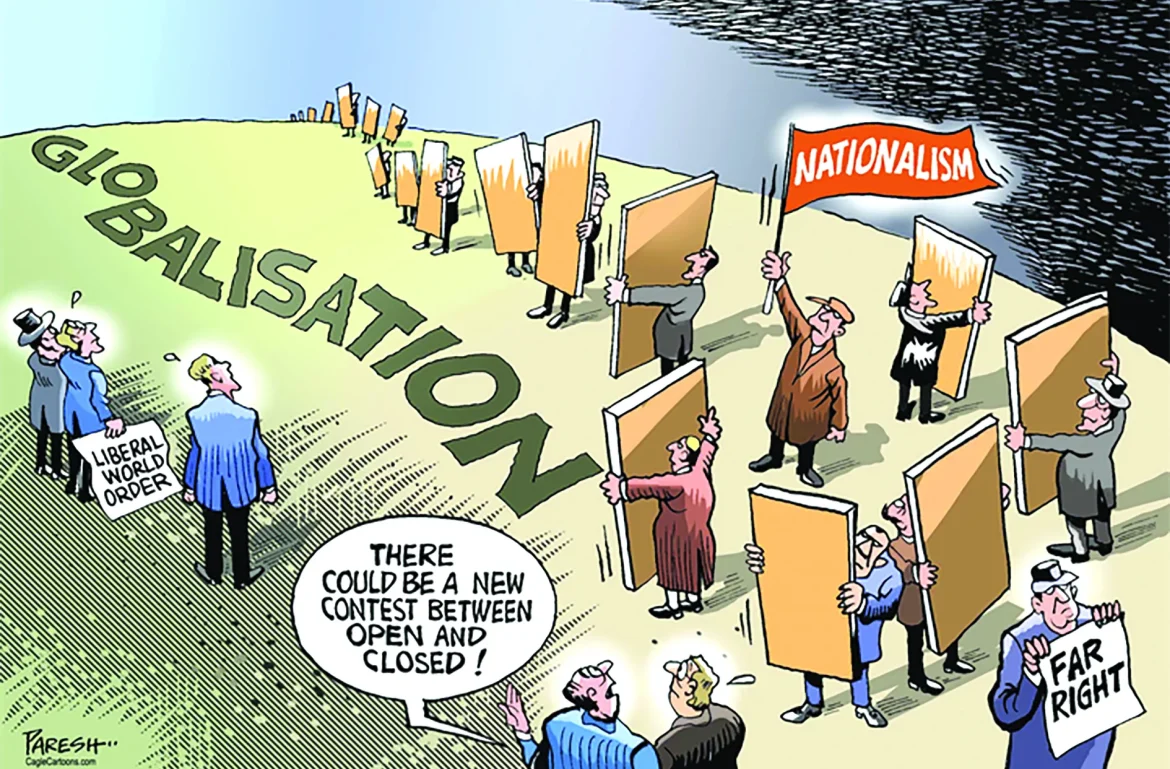Education is crucial in this context. Cultural literacy—understanding one’s own heritage while learning about others—can strengthen identity while promoting respect across differences. Schools, museums, and community programs that emphasize local history and traditions can anchor people in their roots, even as they engage globally.
Advertisement
Ultimately, cultural identity in the age of globalization is not a static label but an evolving narrative. People are finding new ways to balance the preservation of tradition with the embrace of global influences. If approached mindfully, this interplay can produce richer, more inclusive societies. The challenge is to ensure that in becoming global citizens, we do not lose the distinct voices that make humanity’s story so varied and vibrant.

